#bonaparte
Text

Lucien Bonaparte contemplating his mistress, Alexandrine de Bleschamp Jouberthon by Guillaume Guillon-Lethière
#lucien bonaparte#bonaparte#art#guillaume guillon lethière#alexandrine de bleschamp jouberthon#alexandrine de bleschamp#madame jouberthon#portrait#france#french#napoleonic#neoclassical#neoclassicism#europe#european#antiquity#antique#dress#venus#roman#greek#history#incense burner#sofa#chair#busts#romantic#romanticism
71 notes
·
View notes
Text
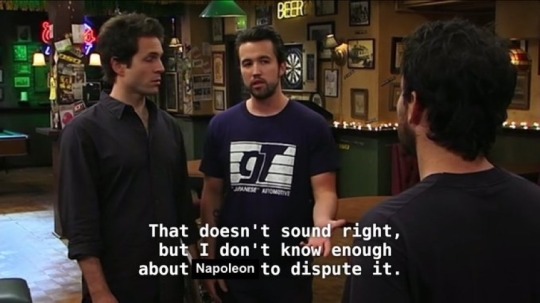
Audience reactions to Napoleon…
280 notes
·
View notes
Text
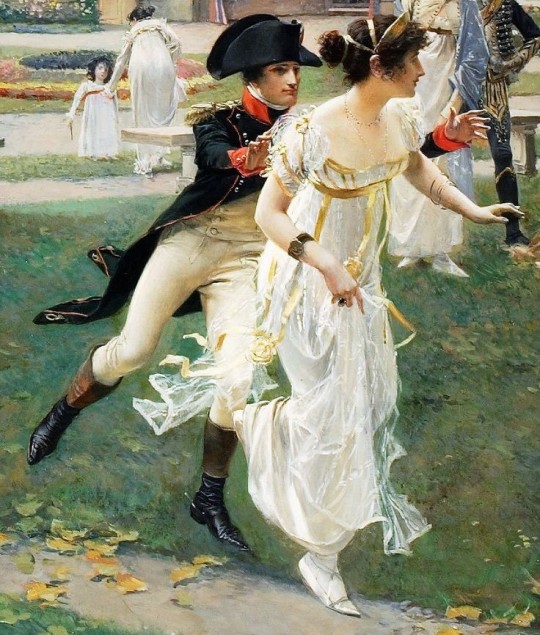
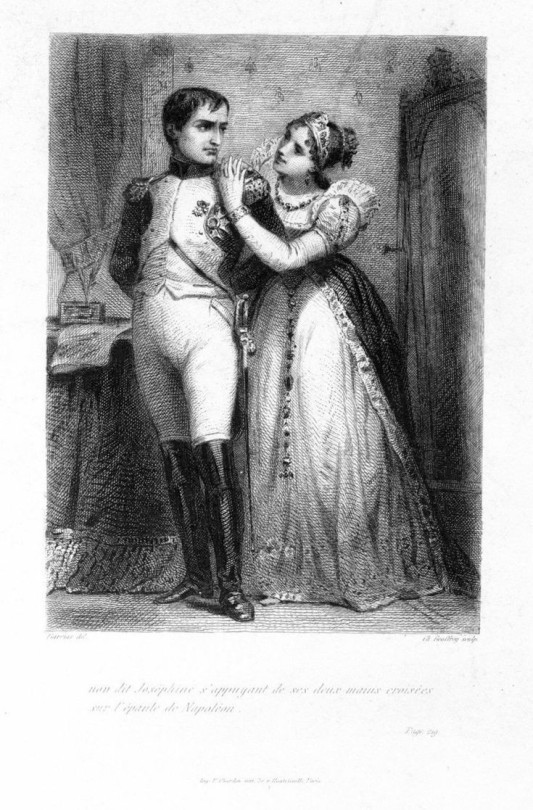
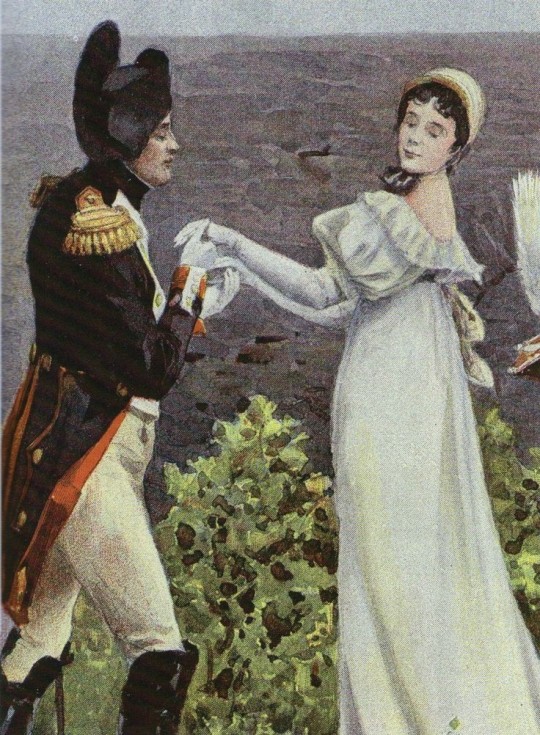

Happy Valentine's Day with Napoleon and Josephine 💖
#napoleon#napoleon bonaparte#napoleonic era#josephine de beauharnais#valentines day#napoleon valentine#french empire#history#1800s#bonaparte#general bonaparte#bonapartist#france#napoleonic empire#I wish there was more art showing them in lovely poses together#french history
132 notes
·
View notes
Text

Café Parisien, by Francisco Segarra
Painting of Napoleon at the battle of Wagram in 1809 by Horace Vernet in the upper-right corner
#Café Parisien#Francisco Segarra#café#paris#parisien#Parisian#France#coffee#shop#Napoleon#napoleon bonaparte#photography#aesthetic#aesthetics#Napoelonic#napoleonic era#Bonaparte#wagram#war of the 5th coalition#5th coalition#first french empire#French empire#19th century#1800s#battle#battle of wagram
490 notes
·
View notes
Text

• Diadem.
Date: ca. 1805
Medium: Amethysts and pearls
▪︎This diadem was given to Elizabeth Patterson Bonaparte (1785-1879) by Jerome Bonaparte (1784-1860). It was part of a larger set containing earrings, a bracelet, a pendant and additional amethysts that were set into a bracelets in London. In 1869, Elizabeth records, "This Parure sent 1805 by Prince Jerome." Jerome probably sent this to her along with other gifts after he returned to France without her.
#fashion history#history of fashion#fashion#19th century fashion#19th century#early 19th century#antique jewelry#antique#diadem#amethyst#pearls#bonaparte#ca. 1805
634 notes
·
View notes
Photo

le Congrès de Vienne ne marche pas, il danse.
- Napoleon Bonaparte
#bonaparte#napoleon#napoleon bonaparte#quote#dance#louvre#congress of vienna#european history#politics#europe#art#beyonce#dancing#dancer#pun#word play
163 notes
·
View notes
Text
Napoleon, calling himself “Emperor of the French” instead of “Emperor of France” to make it clear it’s all about the people:

[Leslie Knope winking & saying “I’m not like a regular mom; I’m a cool mom!]
#napoleon#napoleon bonaparte#bonaparte#mean girls#parks and rec#emperor of the French#ridley scott#bonapartism#french revolution#napoleon 2023#destiel#destiel is actually relevant b/c Napoleon was in love with Czar Alexander#different from Alexander Hamilton#Hamilton
57 notes
·
View notes
Text
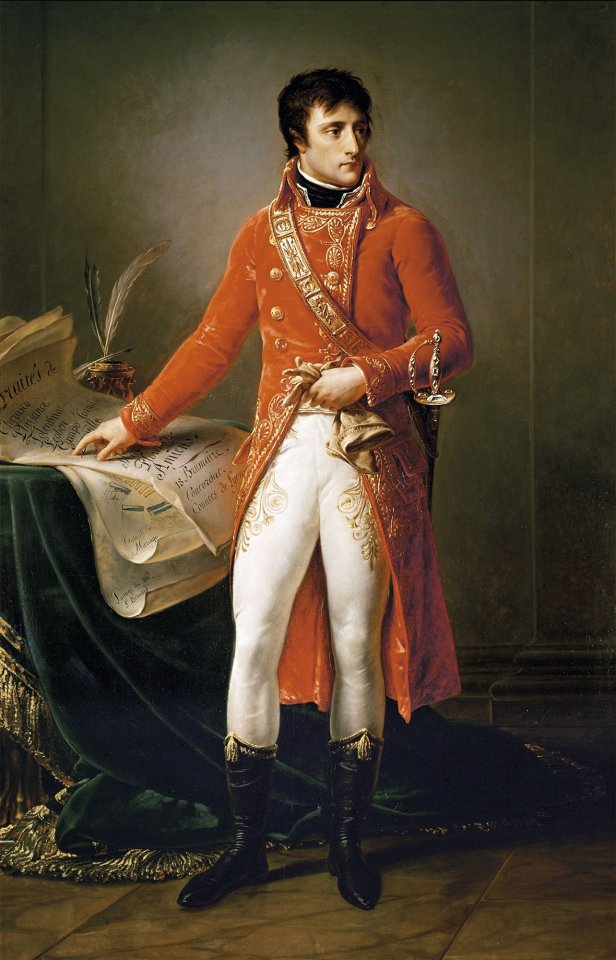
source: bishopsbox
Bonaparte as first consul (1802), by Antoine-Jean Gros. Musée de la Légion d’honneur, Paris.
Bonaparte como primer cónsul (1802), por Antoine-Jean Gros. Musée de la Légion d’honneur, París.
42 notes
·
View notes
Text

Casa Buonaparte…
87 notes
·
View notes
Text
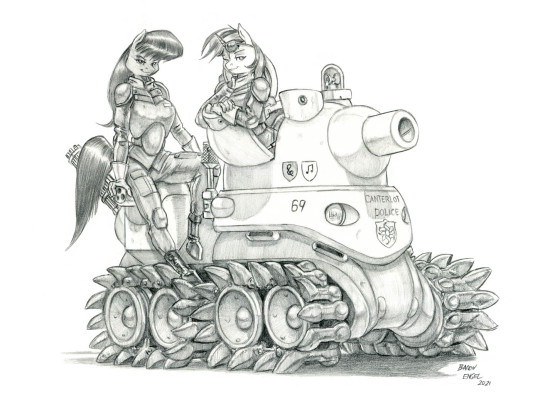
A Patreon patron reward for. They wanted a drawing of Octavia and Vinyl as if they were characters from the late 80's, early 90s manga and anime Dominion: Tank Police Link Link
The mini tank went through a few changes between the various issues and episodes of the anime and manga. This is how the tank more or less appeared in the 1992 story Dominion Conflict One: No More Noise. So here's the music horses in one of the mini tanks that main character Leona Ozaki loved. She named her's Bonaparte.
One of the most complicated things about this drawing was those damn tracks. In fact reviewing my references I discovered that often you couldn't see them completely because the artist put things is front of them, showed them in motion where they were a blur, or used lots of dark Zipatone-style screentone shading Link to obscure much of their detail. But I prevailed in the end.
#baron-engel#mlp#anthropomorphic#octavia melody#vinyl scratch#tank police#dominion#scifi#anime#manga#bonaparte
43 notes
·
View notes
Photo

Model: Janae Fulton
Photographer: Jfinite justin bonaparte
https://www.flickr.com/photos/jfinite/51134617038/in/album-72157718872992931/
#rmaalbc #model #janae
207 notes
·
View notes
Text

Napoleon's Tomb in Les Invalides, Paris, Guarded by Phantom Soldiers.
by Jacques Onfroy de Bréville
#napoleon bonaparte#napoléon bonaparte#tomb#les invalides#paris#france#art#jacques onfroy de bréville#job#phantom#soldiers#guards#phantoms#ghosts#ghost#french#history#napoleonic#napoléon#napoleon#bonaparte#europe#european#soldier#guard#grenadier#hussar#chasseur
182 notes
·
View notes
Text
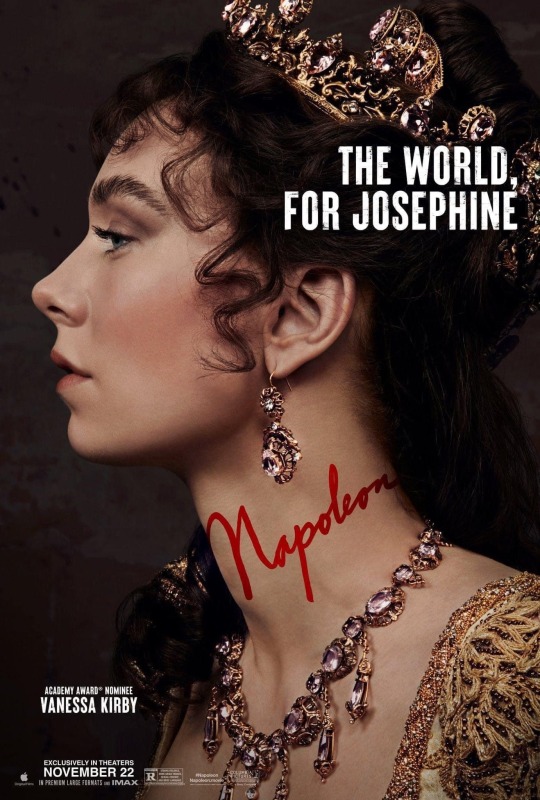
#napoleon bonaparte#napoleon#bonaparte#josephine#napoleon and josephine#josephine bonaparte#josephine de beauharnais#empress josephine#Napoleon the movie#Napoleon movie#Vanessa Kirby#ridley scott
190 notes
·
View notes
Text
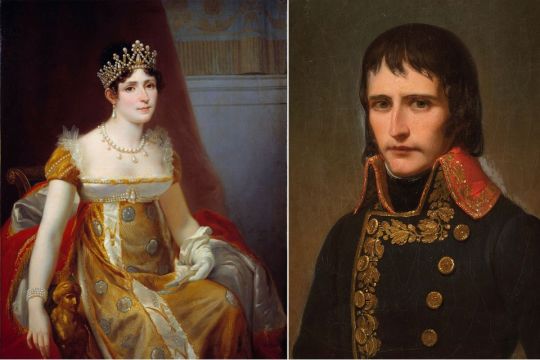
228 years ago today (9 March 1796) Napoleon and Joséphine got married 💍💞
#napoleon#napoleon bonaparte#napoleonic era#history#josephine de beauharnais#bonaparte#1700s#1700s art#1800s#general bonaparte#france#french empire
106 notes
·
View notes
Note
Hi! I was wondering is there an actual source stating that calling Napoléon "Buonaparte" was meant as derogatory? I've read here (https://mrodenberg.com/2012/09/13/bonaparte-or-buonaparte/) that on Saint-Helena, the British addressed him as that to undermine his legitimacy as French ruler. Also, I know of another historical figure, Prieur de la Côte-d'Or, who not being very fond of him used the same appellation when talking about Napoleon
Hey! Yes, it was definitely used in a derogatory way to delegitimize Napoleon’s rule by denying his frenchness. Napoleon’s brother, Louis, commented on this in his A Reply to Sir Walter Scott’s History of Napoleon in 1829:
Another visible object is, that of desiring to make Napoleon pass as a foreigner in France. In fact, if such were not the intentions of the author, why this obstinacy in writing the family name of Napoleon, Buonaparte, instead of Bonaparte, consecrated as it is by long habit? Certainly the letter O is not more or less noble or French than the letter U, but it is done to impress a foreign character upon Napoleon, and divide his glory from that of France.
The Italian nation is sufficiently glorious for one to be proud of belonging to it, especially of deriving one’s origin from this beautiful country; but when one has been born under the laws of France, grown up on its soil, with no other knowledge of foreign countries, even of beautiful Italy, than that gained with the victorious legions of France, it is rather too ridiculous to receive from an English author the certificate of a foreigner.
The name Buonaparte was being used by the coalitions before the St. Helena years, especially by the British, so there are quite a lot of examples.
To be clear, Buonaparte was Napoleon’s birth name and the name he preferred to go by for over 20 years. He changed his name during the French Revolution during a wave of name changes across France to more revolutionary and patriotic names. That being said, Bonaparte is already listed as his name on his baptism certificate* in 1771 (“Neapoleone Bonaparte”) when he was nearly 2 years old, which is 3 years into French rule of Corsica. On the same document, his father’s name is spelled as Buonaparte.
It’s a little complicated. The spelling of names weren’t very standardized and were subject to a lot of variation. But the usage of the name Buonaparte was definitely intentional among Napoleon’s enemies. You can tell pretty easily when someone is saying it in a bad faith manner.
From the historian Andrew Roberts (Napoleon: A Life):
For decades thereafter, British and Bourbon propagandists re-inserted the ‘u’ in order to emphasize Napoleon’s foreignness, such as in François-René de Chateaubriand’s snappily titled 1814 pamphlet Of Buonaparte and the Bourbons and the Necessity of Rallying Round our Legitimate Princes for the Happiness of France and that of Europe, in which he wrote: ‘No hope was left of finding among Frenchmen a man bold enough to dare to wear the crown of Louis XVI. A foreigner offered himself, and was accepted’ (Chateaubriand, Of Buonaparte p. 5). Even after the British royal family changed the name of their dynasty from Saxe-Coburg-Gotha to Windsor in 1917, some British historians still ridiculed Napoleon for dropping the ‘u’ from his surname.
It becomes obvious when people change how they refer to Napoleon depending on their current stance or relationship with him. For example, when France and Russia were allies, Tsar Alexander I calls him Napoleon or even the Emperor Napoleon. But when the alliances change and Napoleon is removed from power, Alexander referred to him as Buonaparte.
From the historian Marie-Pierre Rey (Alexander I):
Alexander’s use of the Corsican family name of Buonaparte is interesting, implying that for Alexander Napoléon was no longer emperor of the French — and not even French by nationality!
So there were two purposes to calling him Buonaparte: to accentuate his commoner origins as well as his foreignness in order to delegitimize his authority as head of state.
Thanks for the interesting question!
————
* (The baptism document can be found on Archives de la Corse-du-Sud -> Etat Civil -> Ajaccio -> 1771 -> Baptemes -> 6 MI 4/21)
#asks#my answers#Napoleon#napoleon bonaparte#buonaparte#napoleonic era#napoleonic#first french empire#french empire#Bonaparte#history#french revolution#Corsica#Ajaccio
38 notes
·
View notes
Text
Conférence le 5 mai 2024 aux Invalides
11 notes
·
View notes